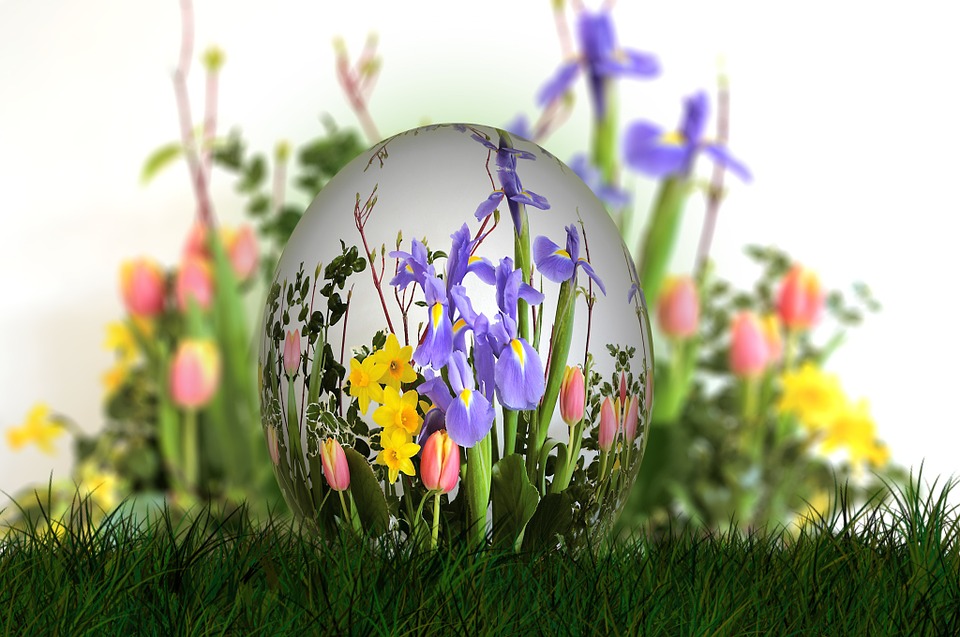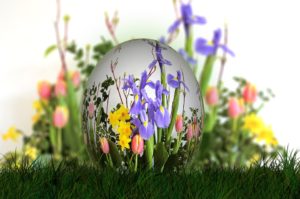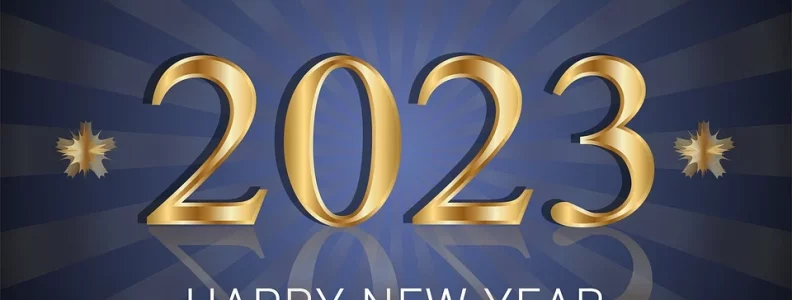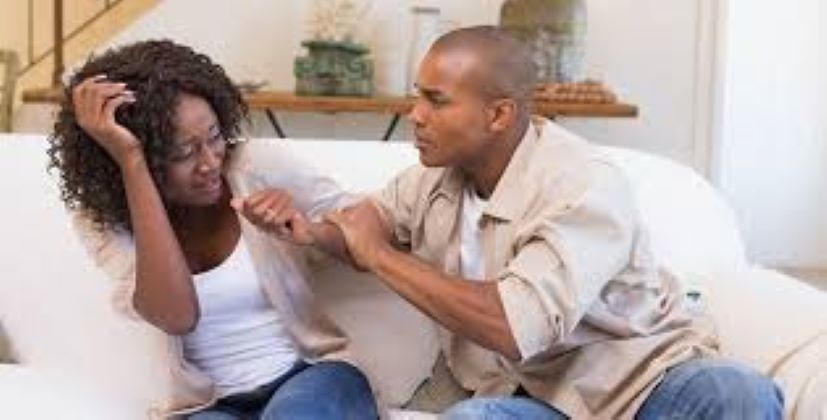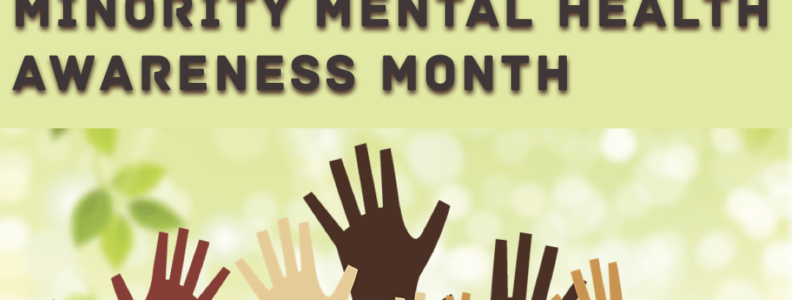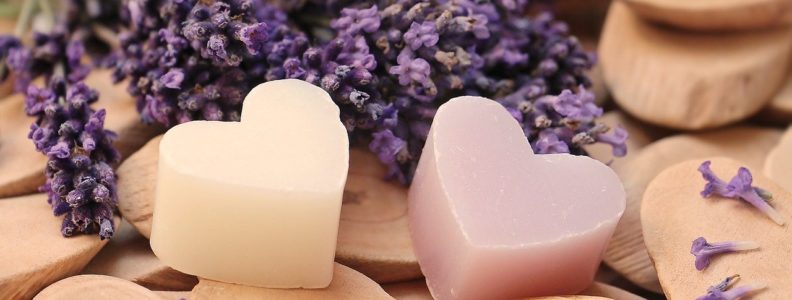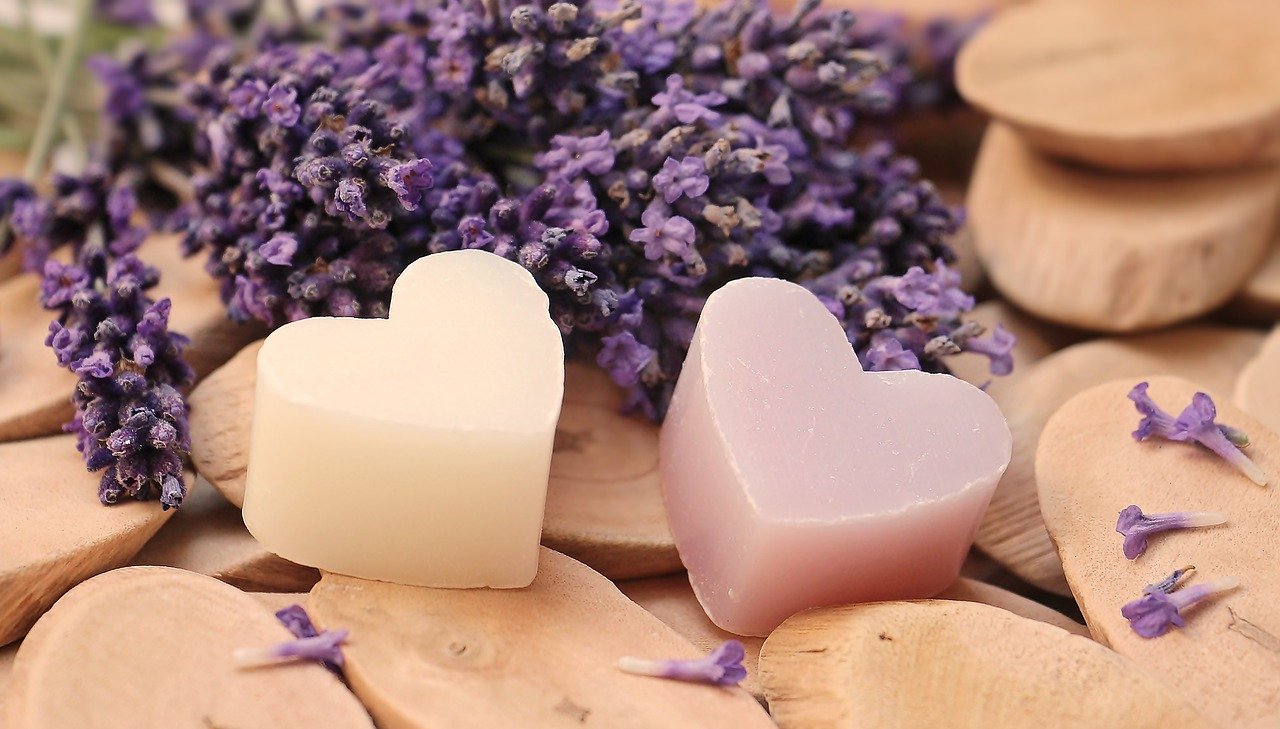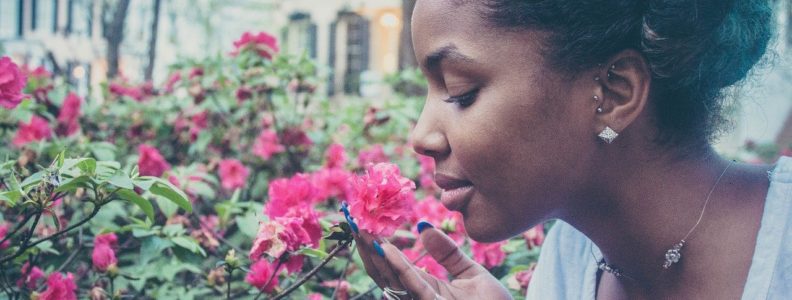Happy Easter to all who celebrate! Happy Passover Holiday (Chag Sameach) to my Jewish sisters and Ramadan Mubarak to my Islamic sisters!
What a great season! It’s all about purity, liberation, and redemption! And that, along with the onset of Spring, fills me with hope, happiness and peace. No, my life isn’t perfect. Far from it, in fact (but that’s another story for another day). But even as I go through my own personal hellfire, I feel uplifted by the faithful and enthusiastic about the days to come.
For the Abrahamic religions: Judaism, Christianity, and Islam, the first week in April 2023 is especially important. For the Islamic faithful, about midway through their month-long observance of Ramadan, this is a time to purify their intentions, words, and actions. For Christians, our Holy week began with Palm Sunday and ends with the celebration of our redemption through the resurrection of Jesus on Easter Sunday. And during the same week (on April 5th), Jewish people celebrated their liberation from bondage during the Feast of Passover. (Source: USA Today)
I don’t know about you, but I find the confluence of these messages about purification, redemption, and liberation especially poignant this year. They fill me with hope for a future much brighter than today. In their purest form, the messages of these sacred celebrations provide basic instructions for how to live happy and fulfilled lives in ways that serve the God we all praise and worship. They’re guideposts, if you will, along the journey of life. And regardless of which faith you follow, this season reminds us all that God can and will lift us out of darkness.
I’m no religious scholar or expert. I’m honestly not even that great a Christian. But I personally don’t believe that you have to be a “perfect” Muslim, Jew, or Christian to be worthy of God’s grace and mercy. We are, after all, only human, and no human is perfect, no matter how “devout”. In fact, some of the very worst crimes against humanity historically have been perpetrated by the so-called “devout”. Remember the Transatlantic Slave Trade? The Inquisition? The Holocaust? The 9/11 attacks? Not to mention all of the abuse that happens on a smaller, but no less insidious, scale in churches, temples, and mosques all around the world.
Even today, it’s those “devout” Christians seeking to ban books, control girls’ and women’s bodies, and eliminate anyone who doesn’t ascribe to the patriarchal, hetero-normative traditions they espouse. It only takes a cursory glance at recent headlines to understand that, as a society, we seem to be moving backwards. If you’re familiar with The Handmaid’s Tale, the book or the series, then you’ll understand what I mean when I say that Gilead isn’t some fictional dystopian future. Gilead is here.
And yet …
As dreadful as the world seems right now, I still dwell in a place of hope, mercy, and grace. Despite all the forces that work against the good in our world, I feel optimistic about the days to come. Because I believe the forces of good will defeat the forces of evil. I believe that love will triumph over hate, and that justice will prevail. It won’t just happen overnight, though. It’s going to take a lot of hard work, and everyone is going to have to help. But with purity of intentions, words and actions, we can all be liberated from the bonds of hate and division and find redemption in our better selves. Our very survival depends on it.
If you’re feeling hopeless and lost, look around you. See the buds forming on the trees? After a long winter, the very sight of them gives me hope! Step outside and just breathe for a moment. Even if it’s chilly and cloudy where you are, can’t you feel Spring in the air, with its promise new growth and coming sunshine? Keep breathing deeply, Sis. Allow the renewal of Spring to renew your spirit. Then re-connect with your faith, whatever that may be. And allow yourself to hope.
Maybe I’m naive to feel so optimistic. Or maybe I’m just faithful to the tenets of my beliefs. But I believe my Redeemer lives, and that’s all I need to have hope.
Have a great week!
(PLEASE NOTE: I know that a few deep breaths of spring air will not help with depression, anxiety, or feelings of loss and despair. If you’re struggling with these and other types of feelings, please know that first of all, you are not alone. Secondly, help is available should you need it. A good place to start is with NAMI – National Alliance on Mental Illness. Call them at 1-800-NAMI (6264). Text them at 62640. You can chat with them at NAMI.org/help. And you can email them at helpline@nami.org. If you’re in crisis and need immediate help, call 988 right now. You got this, Sis.)

